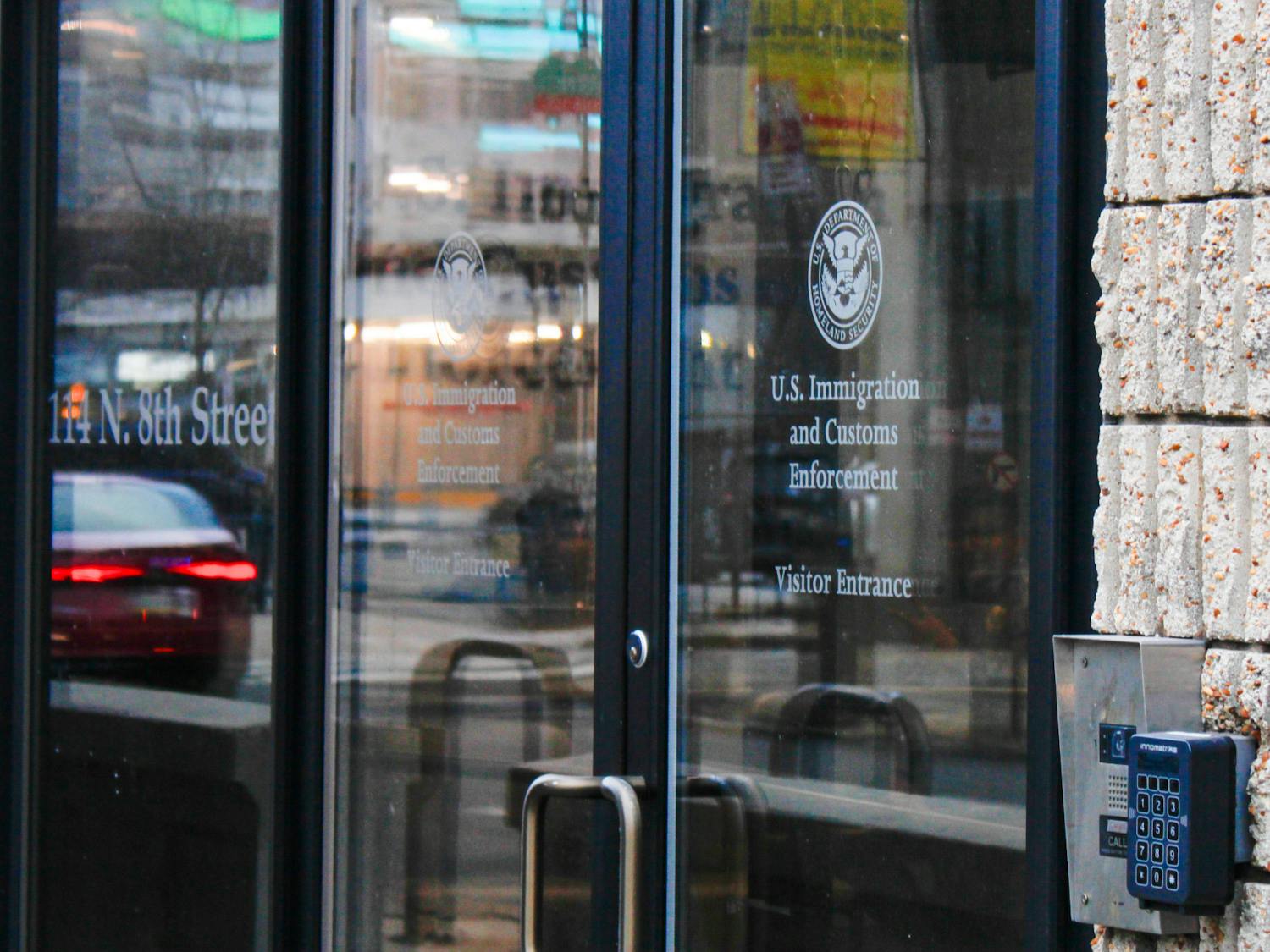The recent Daily Pennsylvanian editorial (“A closed forum is no forum,” March 12) defends Narendra Modi’s invitation to speak at the Wharton India Economic Forum on the basis of the right to free speech and critiques the protest movement that prompted the speech to be canceled.
To make such an argument, I would expect the editorial staff of the DP to have, at the bare minimum, a familiarity with our constitutional right to free speech enshrined within the First Amendment of the Bill of Rights. The editorial states, “The right to free speech is not simply the right to talk — it is the right to have an audience. You cannot have true dialogue and advance public knowledge without a rigorous discussion involving both sides of the story.” This is simply a misrepresentation of the First Amendment, which is particularly disturbing considering that the freedom of the press that the DP enjoys is enshrined within the very same section.
The First Amendment says, “Congress shall make no law respecting an establishment of religion, or prohibiting the free exercise thereof; or abridging the freedom of speech, or of the press; or the right of the people peaceably to assemble, and to petition the government for a redress of grievances.” This amendment protects the people’s right to free speech from governmental interference. Through the invocation of the First Amendment, the DP misapplies the Bill of Rights to argue that Narendra Modi — an elected government official of another country — should be protected from the free speech of those of us who opposed his invitation.
The events surrounding the cancelation of Modi’s invitation were not an inhibition of speech, but the product of dynamic free speech of private individuals without government intervention. Even if you disagree with the outcome, this was free speech in action.
However, this editorial is troubling beyond the issue of free speech. The editorial flippantly says, “We do not agree with the petitioners that allowing Modi to speak is tantamount to legitimizing him, especially given that he was slated to talk solely about economics in India.” This quote suggests that the economic focus of Modi’s speech somehow limited the scope and meaning of the WIEF invitation.
This position evinces a complete ignorance about the basis of Modi’s political appeal. The possibility that Modi will be elected as the next prime minister of India is fundamentally based on his economic development record — spotty as it may be — in the state of Gujarat.
It is hard to imagine a higher endorsement of such policies than an invitation to speak at the world-renowned Wharton School at the University of Pennsylvania. More broadly, this quote exhibits a blatant lack of awareness of the power of the University of Pennsylvania as an institution with a global reputation and the privileged position of its student body.
When the University of Pennsylvania invites a speaker to campus that invitation reflects highly on the individual. Such invitations act as legitimizing statements with meaning that extends beyond the walls of the university. People in India and abroad pay attention, as does the United States government — especially when deciding to whom it should issue visas.
Related
Topic Page: Community responses
3/10/13: Petition against Narendra Modi speaking at the Wharton India Economic Forum
3/7/13: Backlash results from cancellation on Indian state minister
The DP, as per its right under the First Amendment, is free to print opinions that I disagree with. However, as a graduate student and a teaching assistant, I expect more research and critical thinking from the undergraduates of the University of Pennsylvania than this editorial displays. On this matter, the position of the DP has the power to shape not only the opinions of Penn students, but also opinions and news reports in the broader public sphere. The editorial staff at the DP can and should do better.
Sarah Pierce Taylor is a doctoral student in the Department of South Asia Studies at Penn.








